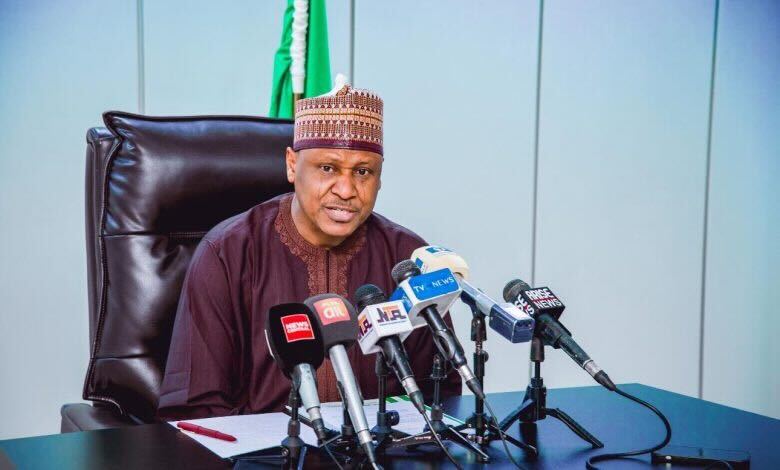The Federal Government has firmly dismissed accusations of religious genocide in Nigeria as false and misleading. In a detailed statement from the Ministry of Foreign Affairs, Acting Spokesperson Kimiebi Imomotimi Ebienfa clarified that recent reports about Christians being specifically targeted are not accurate. The government says these narratives look like attempts to influence international bodies and pressure the country into being designated a Country of Particular Concern (CPC).

The government cited multiple reasons why it rejects the genocide claims. It emphasized that most of the insecurity in northern states linked to banditry, insurgency, terrorism, or communal clashes are not aimed at any particular religious group. Ebienfa said that treating violent incidents as acts of religious persecution distorts complex realities on the ground. The government also noted that Nigeria is constitutionally secular, multi-faith, and committed to protecting all citizens regardless of religion.
What the FG Statement Covers
The statement argues that many reports have conflated insecurity with religious persecution. According to the government, insecurity challenges in Nigeria are driven by criminal groups, terror groups, and conflict over resources including land used by herders and farmers. These conflicts are often portrayed with a religious lens though the government says they are rooted in socio-economic and environmental factors.

To counter criticism, the government pointed to concrete actions it is taking under President Bola Ahmed Tinubu. These include enhanced deployment of security forces in high-risk areas, improved intelligence gathering, reforms in livestock policies to reduce farmer-herder clashes, and community engagement programmes aimed at peace building. The government also urged the media, civil society groups, and foreign governments to verify claims before drawing conclusions that could heighten tensions.





Leave a Reply